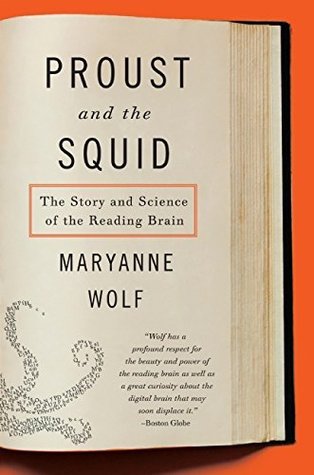More on this book
Community
Kindle Notes & Highlights
Read between
June 9 - June 10, 2021
much of how we think and what we think about is based on insights and associations generated from what we read.
Joseph Epstein put it, “A biography of any literary person ought to deal at length with what he read and when, for in some sense, we are what we read.”
“Passing over,” a term used by the theologian John Dunne, describes the process through which reading enables us to try on, identify with, and ultimately enter for a brief time the wholly different perspective of another person’s consciousness.
the Epic of Gilgamesh bears the name of Shin-eq-unninni, one of the first known authors
Vygotsky observed that the very process of writing one’s thoughts leads individuals to refine those thoughts and to discover new ways of thinking.
ideas change shape through the sheer effort of writing.
[In] modern Guatemala . . . Mayans remark that outsiders note things down not in order to remember them, but rather so as not to remember them. —NICHOLAS OSTLER
Once, in a burst of envy, I asked Lotte how she could ever memorize so many poems and jokes. She answered simply, “I always wanted to have something no one could take away if I was ever put into a concentration camp.”
Socrates’ enemy never really was the writing down of words, as Plato realized. Rather, Socrates fought against failures to examine the protean capacities of our language and to use them “with all our intelligence.”
Reading is experience. A biography of any literary person ought to deal at length with what he read and when, for in some sense, we are what we read. —JOSEPH EPSTEIN
Writing is consciousness-raising.


